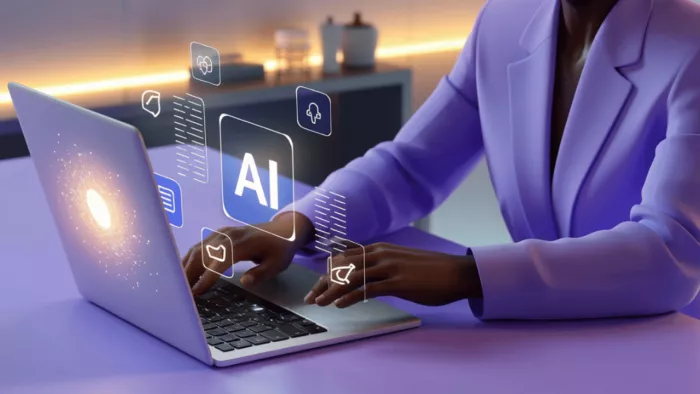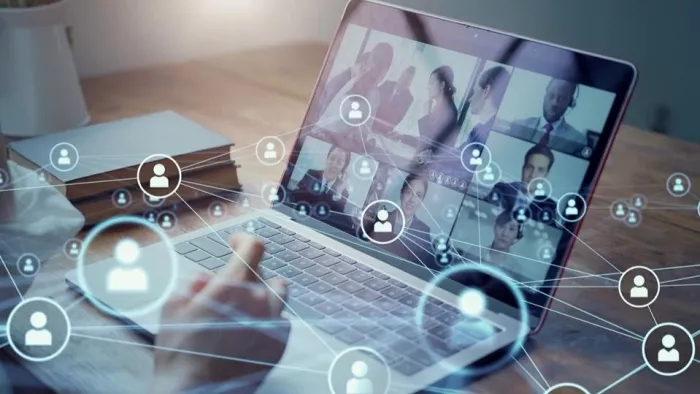
Walk into any workplace today, and you’ll find AI quietly running in the background. It’s not just a “tech team” thing anymore. From the way meetings are captured to how marketing campaigns get launched, AI has slipped into daily routines in ways that feel almost invisible yet deeply transformative.

Remember when someone always got stuck scribbling notes during meetings? That role has largely been taken over by AI. Tools now record, transcribe, and summarize discussions in real time. Instead of a messy Word doc or half-remembered action items, teams walk away with structured summaries, deadlines highlighted, and responsibilities assigned automatically.
Take Otter.ai, for example. Many professionals use it to not only transcribe meetings but also generate quick outlines of who said what, paired with action items that can be exported directly into project management platforms. What used to take hours of manual note-cleaning now happens before the meeting even ends.
But it doesn’t stop there. AI assistants handle scheduling conflicts, ping people with reminders, and even nudge teams when an agenda looks overloaded. Professionals no longer waste hours shuffling calendars, they just show up prepared. The biggest shift? Meetings are no longer about “remembering what was said” but about “acting on what was decided.”
The average professional receives over a hundred emails a day. Buried inside might be the one that truly matters. It helps surface that important message, draft quick responses, and sort everything else into the right buckets. The same goes for long documents and reports. It can now distill 40 pages into a two-minute read without losing the essence.
It’s not glamorous, but this quiet automation has become essential. By handling the repetitive, low-value tasks, AI frees up space for people to think bigger and deeper about the projects that matter.
If meetings are about clarity, marketing is about connection. And here, this has changed the rules completely. Campaigns no longer treat audiences as a faceless crowd. Instead, AI breaks down behavior patterns of who clicked, who ignored, and who bought, and helps deliver content that feels personal, almost conversational.
Think about the ads you see on your social feed. Chances are, AI predicted that you’d engage with them at just that moment, based on past behavior and even subtle signals like time of day. On the brand side, teams use artificial intelligence not just to push content but to listen, spotting shifts in customer sentiment, testing different creative ideas, and adjusting in real time.
For instance, Coca-Cola recently adopted AI-driven platforms to analyze customer preferences and generate tailored ad creatives. This helped the brand quickly adapt campaigns to regional tastes and improve engagement without increasing costs, a clear example of AI making global marketing feel local.
It’s easy to get lost in the hype around “machine learning” and “neural networks,” but for most professionals, the story is simple. Artificial intelligence reduces errors, speeds up decision-making, and saves mental energy. A manager no longer spends Friday afternoons compiling reports.It builds dashboards that update themselves. A marketer doesn’t waste budget guessing at campaign timing it pinpoints when the message lands best.
The payoff isn’t about AI replacing people; it’s about giving them more room to do the work only humans can do—strategizing, storytelling, building relationships.
What’s striking is how quickly AI has become mundane. Professionals talk about it less, not because it’s unimportant, but because it’s become part of life like Wi-Fi or email. Five years ago, people were still asking, “Will AI take my job?” Today, they’re more likely to ask, “Which AI tool will make my week easier?”
That shift says it all. The future of work isn’t about man versus machine. It’s about humans leaning on machines to clear the clutter, so they can focus on what really counts.
Discussion